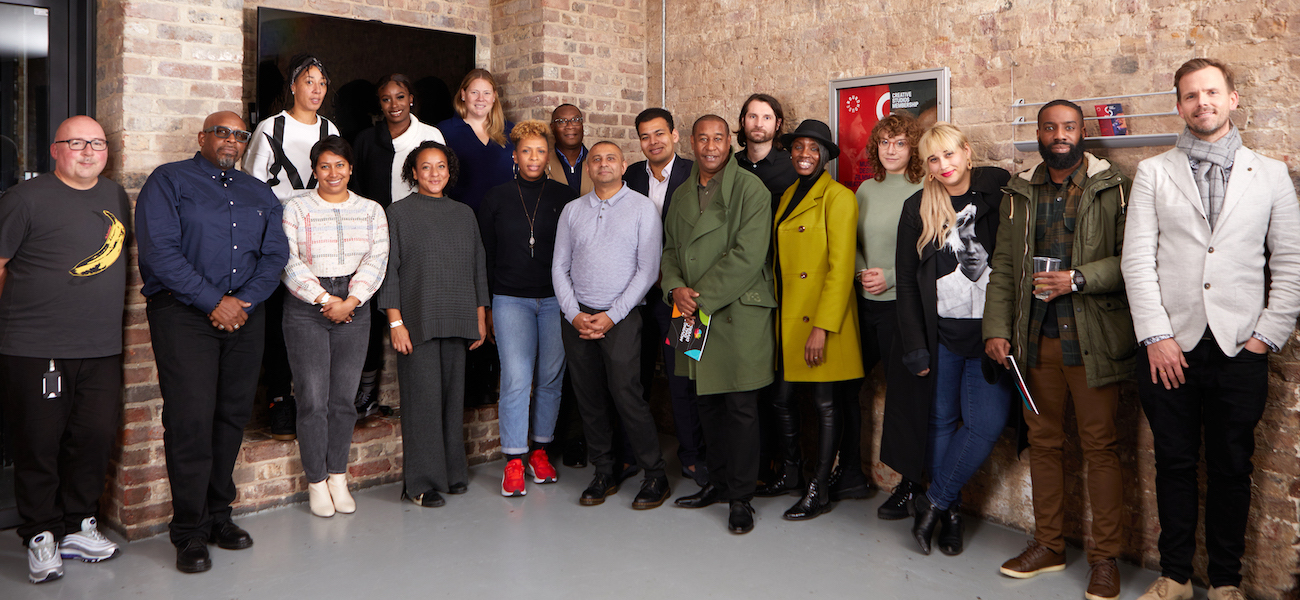UK Music, a British umbrella organisation for the music industry, has revealed its latest Workforce Diversity Survey, which forms part of its UK Music Diversity Report.
While there has been an improvement in the number of women in the sector, and more specifically in mid and senior roles, there was a drop in some parts of the industry when it came to ethnic diversity.
The report revealed that the number of women in the music industry reached 52.9%, however the research also revealed that women are more likely to leave the industry in their mid-forties. This is an increase on the 49.6% that identified as a woman in 2020, while the number of women in mid-level roles increased from 40.4% in 2020 to 45.1% in 2022. Women in senior roles amounted to 53.3% in 2022 compared to 51.2% in 2020.
It is also suggested that the drop in employees from Black, Asian and ethnically diverse communities may have been down to the effects of the pandemic, which also saw the total number of jobs in the sector fall from 197,000 to 145,000 in 2021.
The research has shown that just over one fifth (21.04%) of those working in the music industry identify as Black, Asian or from an ethnically diverse background. This is down from 22.3% two years ago.
Roughly 14.9% of the industry reported a disability, which is up from 12.2% in 2020. Two-thirds (67.2%) said they felt they had to compromise their health for work and 7.5% at a senior level declared a visible disability. The greatest representation of disabled respondents were at apprentice or intern level (13.6%).
For the first time, UK Music used the survey to collect data relating to women or menstruating persons experiencing menopause, and the potential impact this could have on a career. More than one in 10 (11.2%) respondents said they have experienced menopause/perimenopause, and 47.5% said that their work has been affected by its symptoms. Despite this, 76.6% said they have not taken time off to manage these symptoms.
Research also demonstrated that parents and carers are underrepresented in the music industry, with 29.7% being in the music industry compared to 44% in the general UK working population.
Further areas of the survey included music industry representation of LGBTQ+ employees and employee socio-economic backgrounds. A total of 2,980 people responded to the survey, which was carried out during the summer of this year.
The UK Music Diversity report also set out a new action plan to accelerate positive changes around diversity and inclusion. The plan from UK Music’s Diversity Taskforce (pictured) will focus on people, policy, partnerships, purchase and process. Some of the 15 recommendations in the plan include cultivating a transparent, safe and inclusive culture for all stage; increasing opportunities for underrepresented groups; publishing data on gender, ethnicity and disability pay gays annually in larger companies and more.
UK Music Diversity Taskforce chair Ammo Talwar MBE said: “Our 2022 survey shows how those from Black, Asian and other diverse communities have been hardest hit by the impact of COVID-19.
“The drop in the percentage of employees in several sectors of the industry is further evidence of why we must not take our foot off the accelerator when it comes to driving positive changes on diversity and inclusion as swiftly as we can.
“We need to create a consciously inclusive culture right across the music industry and right across the UK. Our hope is that the Five Ps – our Music Industry Action Plan – provides a robust and clear framework that anyone can use to help deliver that change.”
UK Music chief executive Jamie Njoku-Goodwin said: “The findings of our 2022 survey have been incredibly revealing, and show that while we are making progress, there remains much more we need to be doing to break down the barriers that still block people from succeeding in our industry.
“This year, we have gone deeper than ever before, not just trying to gather as rich a dataset as we can, but also digging below the surface to try and understand the disparities we often see across the industry.
“Boosting inclusion is mission-critical to the future success of our sector. Whether it’s businesses and organisations who need the broadest range of talent to draw on, or individuals who want to forge a successful career in our industry regardless of their background, it’s in all our interests to make sure the music industry is genuinely open and accessible to all.”
Njoku-Goodwin added: “We still have a way to go, but UK Music is committed to achieving this – and this report sets out the path.”


